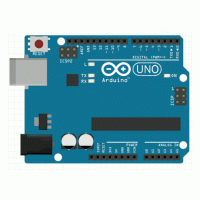The featured picture of this blog post is by WikimediaImages on pixabay.
One typical debugging activity is setting breakpoints and then running the program from breakpoint to breakpoint, inspecting the program’s internal state at each breakpoint. While this sounds simple, it gets complicated when one looks behind the curtain, which we will do in this blog post.
Continue reading










